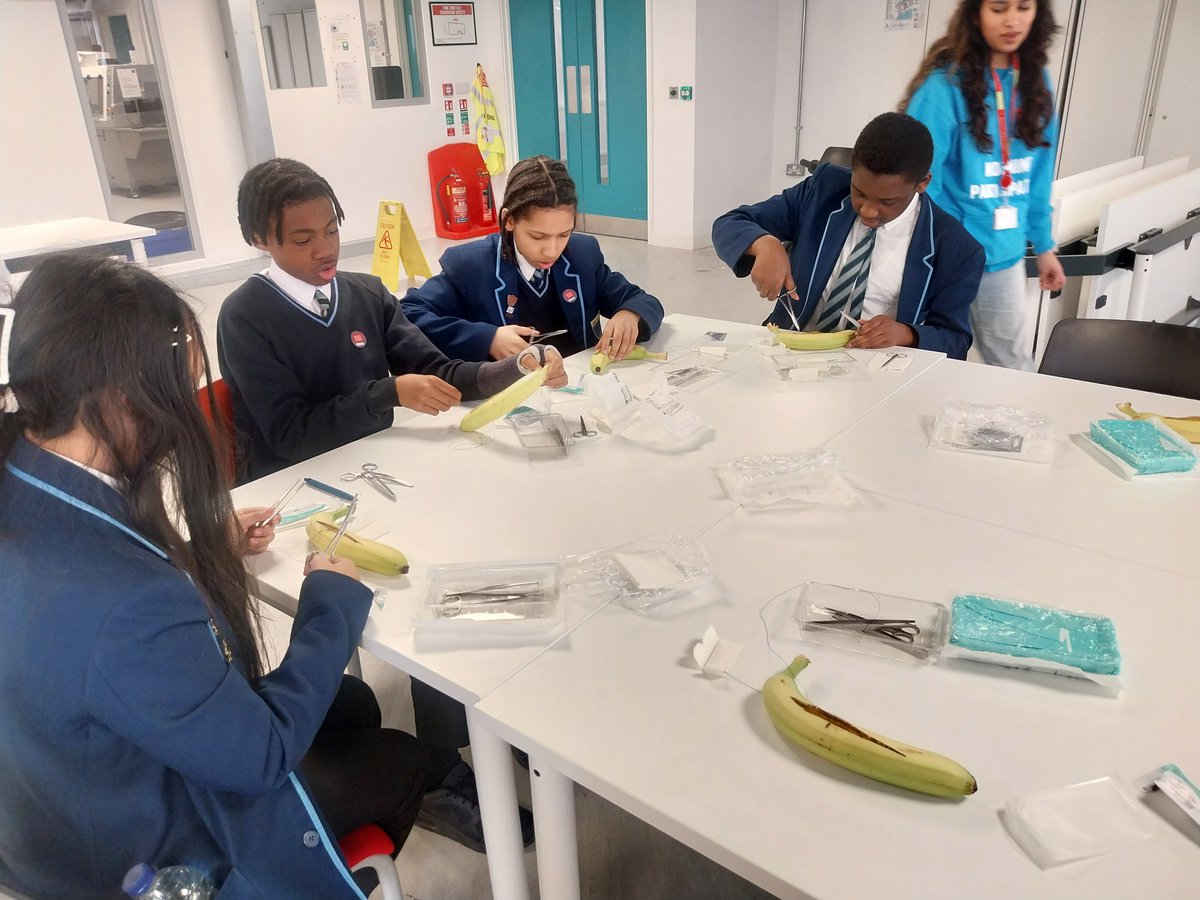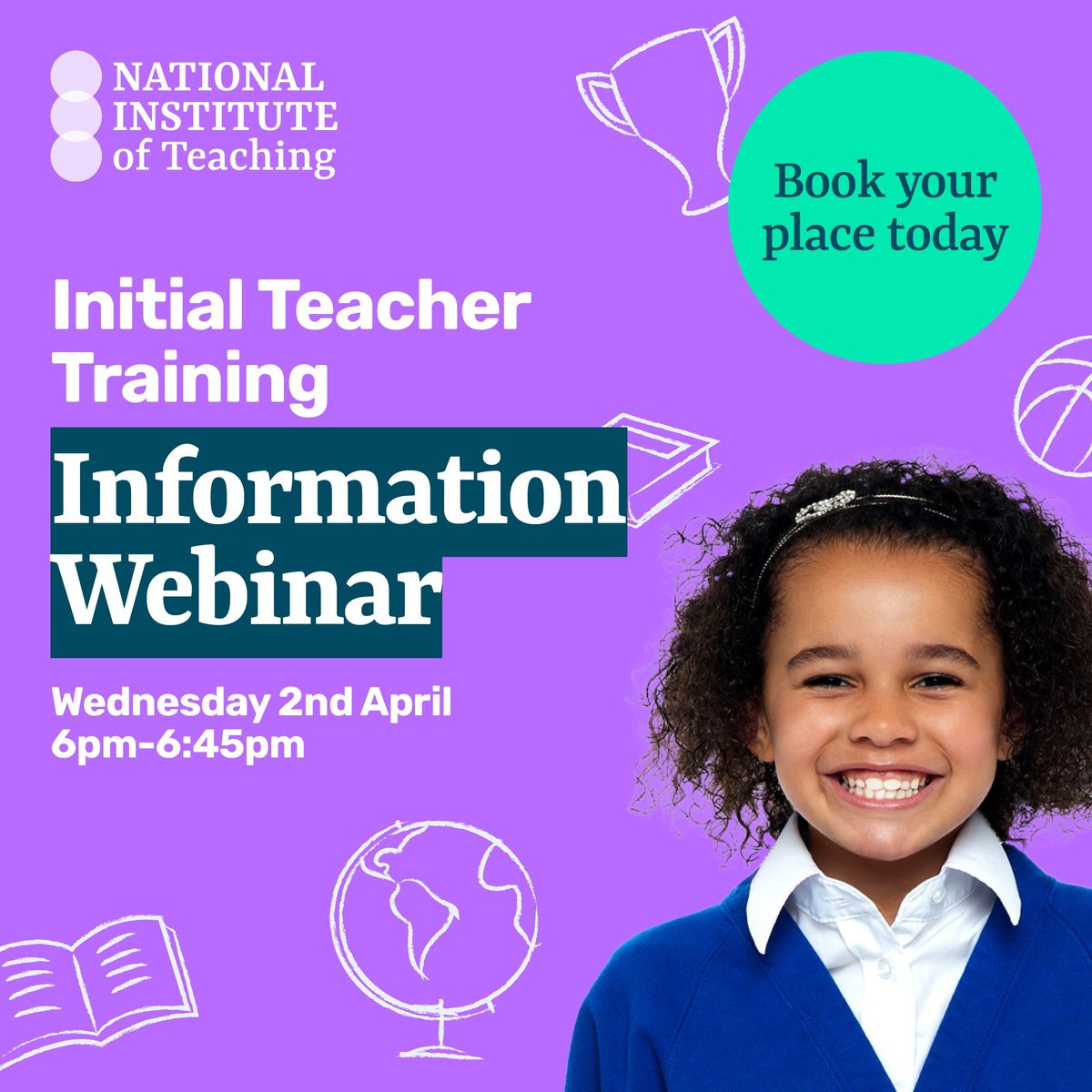Teaching & Learning - The HAP Way
At Harris Academy Peckham, we know that teaching and learning is intrinsically linked with curriculum design.Our teaching and learning approach therefore sits on the foundation of our well-designed, broad, ambitious, sequenced and specific curriculum, curated to meet the needs of the community we serve.
Every teacher and leader at Harris Academy Peckham has a desire to teach each lesson with maximum impact for students. We care about how we teach the powerful knowledge we have sequenced, and we strive each day to improve our practice, regardless of our experience level.
We understand that teaching is a science as well as an art, and we are research-informed in our approaches in order to best support and challenge our entire community.
Our approach is formed of nine key principals of great teaching – The HAP Way. As well as informing the pedagogical approaches to delivering the curriculum, it also forms the basis of all CPL and accountability at the Academy. The approach was carefully constructed using the most up-to-date cognitive, psychological and pedagogical research. We are committed to remaining research-informed as evidence develops and will continue to review the practices used to deliver our curriculum with certainty that it will continue to be the lever of social mobility in our local context.

Download 'The HAP Way - Principles of Great Teaching' as a pdf.
The principles we have developed, with student outcomes at the centre, can then be applied to the instructional ‘I do, we do, you do’ model. Sequencing lessons to ensure powerful knowledge sticks and can be applied is a priority for all teaching staff and a typical Harris Academy Peckham lesson will follow a clear structure that supports this.
The HAP Way - research-informed

Teaching and learning structure
High expectations of learning behaviour
- Students enter room calmly and immediately start REM DO NOW
- Students write TAKE PRIDE in their work adhering to shared expectations
- Positive praise and recognition used
- Positive behaviour management used – think WARM/STRICT
- ONE VOICE expected at all times.
- A CULTURE OF ERROR is cultivated in every classroom
- When questioning, NO HANDS and NO OPT OUT expected the vast majority of the time
- Language of GROWTH MINDSET used consistently (e.g. “you’re not there ‘yet’”)
- Learning language expected – Standard English with Tier 2/3 words used
REM Do Now
- Spaced – incorporate weekly/monthly/+ review
- Interleaved – varying types of question, topic etc.
- Tiered – moving from shallow to deep knowledge
- Retrieval – require students to generate answers but provide scaffolding through MCQs where needed
- Priming – connecting to prior learning and future learning.
- Include a retrieval task linked to prior vocabulary teaching
- Teacher to circulate during REM to address any individual or whole class misconceptions
- Where possible, REM should not take more than 7 minutes
- REM should peer/ self assessed
‘I Do’ phase - teacher instruction and enquiry
Explanation and enquiry
- Share LEARNING OBJECTIVES that TEACH TO THE TOP and build on existing knowledge
- Provide ACTIVE PARTICIPATION opportunities for students to enquire and experiment with background knowledge and prior knowledge
- Share SUCCESS CRITERIA for all tasks
- Use CLEAR, CONCISE INSTRUCTION linking learning to prior knowledge
- Use VARIED INSTRUCTION with examples/analogies/stories/ different modes of input (e.g. dual coding) etc.
- Break information down into manageable chunks
‘We Do’ phase - guided practice and modelling
Modelling
- Provide MODELS of excellence
- Deconstruct MODELS of varying quality.
- Provide scaffolding and allow students time to practice with the support in place.
- Use worked examples and class discussion
- Provide scaffolding (e.g. sentence starters, broken down process instructions)
Questioning
- Check for understanding (CFU) often
- Ask lots of targeted, open questions (CFU) in a variety of ways always giving THINKING TIME
- Incorporate WHOLE CLASS and INDIVIDUAL CFU activities
‘You Do’ phase - independent practice
- SILENCE IS GOLDEN extended writing/ independent practice time - in every lesson
- Tasks increase in difficulty to provide challenge for all
- Tasks require students to apply new knowledge in novel settings
Assessment and feedback - the HAP way
- Implement LIVE TARGETED FEEDBACK during all class activities
- WCF to be implemented once per half term for independent practice and immediately in lessons where appropriate
- VSPaG feedback to be provided for all work
- RIGHT is RIGHT to be implemented during all live and delayed feedback
- INDIVIDUAL Coded feedback to be provided once per half term
- Students to ACT on all Feedback
The assessment and feedback methodology of Harris Academy Peckham is a varied and innovative cycle that invites critical thinking from students and staff alike to embed a culture of life-long learning and perseverance at the Academy. The variety of assessment strategies will inform curriculum design and student intervention strategies, focusing on mastery for all. A personalised assessment and reporting system, in conjunction with excellent teaching that impacts positively on learning and progress, will enable all our students to become enquirers who reflect positively on peer, self and teacher assessments to action targets for improvement.
As part of our firm belief in the importance of developing proficient communication and numeracy capabilities to enable students to access and accurately perceive the world around them, we ensure that our approach to assessment and feedback embraces the constant reflection of student progress in this area across the Academy.
Within our core curriculum Personal Development is also assessed within the guidelines of this policy to ensure we provide all students with the foundation and skill set to safely contribute to and engage in a global society. The Harris Academy Peckham way for assessment and feedback is at the heart of the teaching and learning process as it centralises the students’ ownership of their progress and attainment.
The HAP Way for… Assessment and Feedback recognises the fundamental role feedback and assessment plays in securing curriculum mastery whilst embedding a lifelong love for, and access to, learning in our students. We adopt a holistic approach to assessment and feedback incorporating a variety of meaningful, manageable, and motivating (DFE Teacher Workload Review Group, 2016) techniques to maximise student progress.
The HAP way for… Assessment and Feedback encompasses a 'feed up, feed back, and feed forward' approach (Hattie and Timperly, 2007) to assessment. All feedback consistencies will be followed by teacher action which catalyses student action and moves students forwards. This approach removes unnecessary teacher workload and promotes a culture of active and live feedback at its core.

 The HAP Way – implementation
The HAP Way – implementation
Each principle of The HAP Way has been explicitly linked to tangible strategies that support a high level of execution in the classroom by teaching staff. This has formed the basis of our CPL and a handbook has been created with one page instructional coaching activities designed for each strategy. Many of these are derived from the work of Doug Lemov, Dylan William, Barak Rosenshine and provide the foundation for the regular feedback all teaching staff receive from their both their pedagogical and content expert coaches.
Positive Learning Behaviours
Students are taught and expected to show the following learning behaviours, while being rewarded through our weekly Name and Fame approach. We know that our LEAP ethos prepares students for life beyond the Academy and therefore we prioritise supporting students to demonstrate these qualities within a professional setting.
Leadership
Active Participation in a Lessons
- Always attempting to answer when called upon by the teacher
- Asking questions if you are unsure of the task or content being taught.
- Listening carefully to your teachers and peers
- Getting involved in paired and group discussion and whole class feedback
Being a positive role model
- Start immediately when instructions have been given.
- Help your teacher get the lesson started by giving out books or resources.
- Be polite! Say hello to staff and students around the Academy.
- Do the right thing. Be kind to those around you and help others in need
Clear communication
- Listen carefully to the question so your answer is a direct response
- Think carefully about your response so that your answer is clear.
- Be loud and proud! Speak so everyone can hear your ideas
- Be concise in your communication by avoiding empty filler words (e.g. “Basically”, “Like” etc.)
Enquiry
Questioning well
- Ask the teacher to repeat or rephrase if you didn’t hear or understand. This shows a positive attitude to your learning!
- Think before asking a question. Is the answer already on the board or in your book?
- Be brave and ask questions! This will help you and your peers learn more.
Answering well
- Listen carefully to the question so your focus your thinking on the right issue.
- Ask the teacher to repeat or rephrase if you didn’t hear / understand.
- Start thinking as soon as you understand the question so you are ready to answer if called.
- Answer clearly using subject specific language to show off your mastery of the topic.
Critical thinking
- Think BEFORE you ask a question. Do you already know what to do?
- Read information carefully and think about whether it makes sense to you.
- Be creative! How many different ideas might you consider?
- Be ready to come to a judgement about ideas you encounter.
Aspiration
Aiming high
- Finish all tasks set by your teacher.
- Make sure you have met all the success criteria in your work
- Check over your work to see if it can be improved.
- Believe in yourself and your potential. Show your teachers how great you are
Desire to Learn
- Start tasks immediately when told to begin.
- Work silently so you (and your classmates) can focus on the learning
- Ask questions. Particularly if you don’t understand.
- Ask your teacher for extra reading. Read everyday.
Being a good citizen
- Stay informed about what is happening in the world.
- Work hard in class with your classmates so you can all succeed.
- Look after our shared environment by keeping it tidy.
- Offer to help others (not just your teachers).
Perseverence
Having a Growth Mindset
- Imagine your success when faced with a challenge. Don’t give up!
- Remember learning is not a straight line, mistakes help us learn more!
- Celebrate the success of others and see what you can learn from them
- If a task is challenging, think about the strategy you need to use to succeed.
Being a Team Player
- Listen carefully so you can learn from other students in your class.
- Show good learning behaviours in class so everyone can succeed.
- Help those that need it around the Academy.
- Celebrate the successes of people in your tutor group, class and Academy
Be a resilient learner
- Don’t give up! Even if you find the task hard right now.
- Learn from the people around you to help you all achieve.
- Remember: learning is not easy and there will be challenges to overcome.
- Keep your eyes on the prize to keep motivated. What do you want to achieve?






















